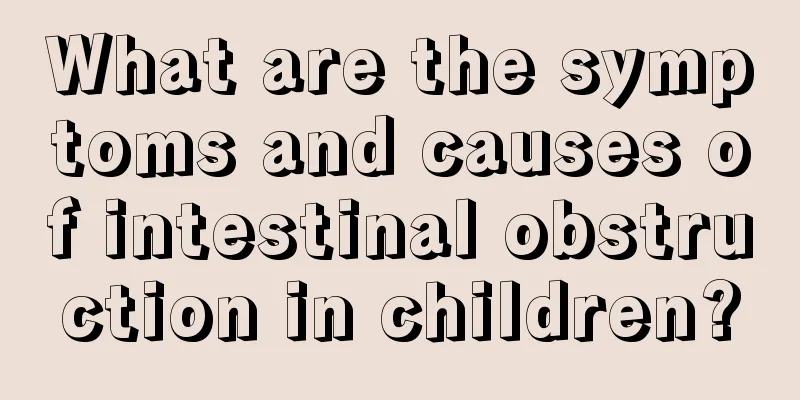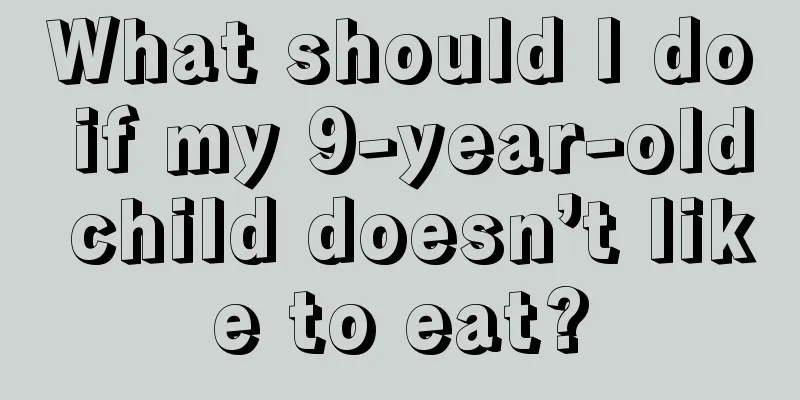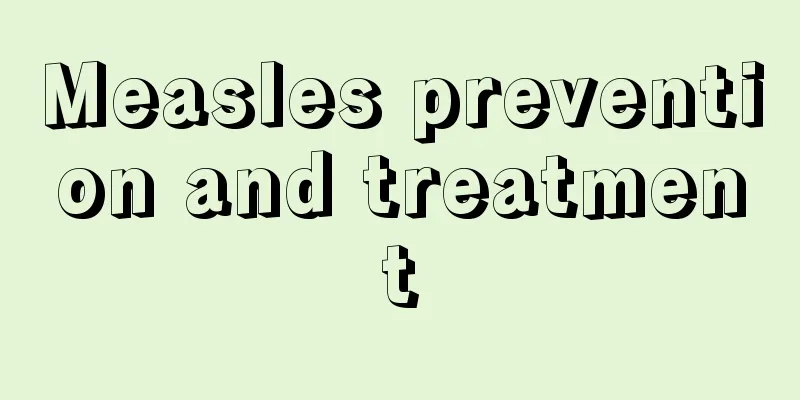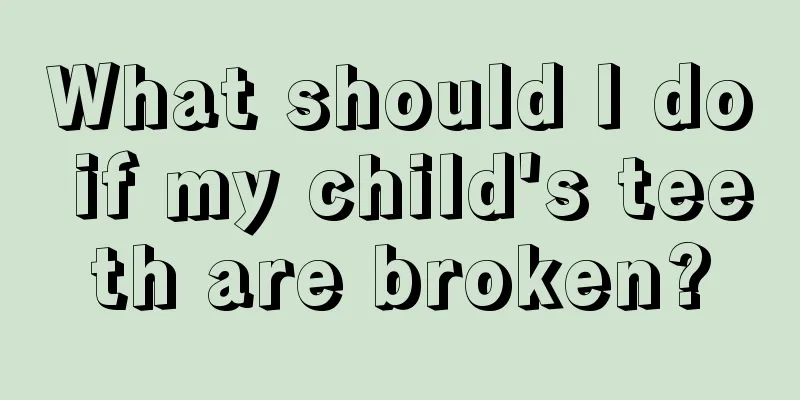At what age is it normal for children to lose their teeth?

|
We know that people will experience tooth replacement at least once in their lifetime, and the time of tooth replacement mostly occurs in childhood. During this period, new teeth will grow after the teeth fall out one by one. Then some people will ask, at what age is it normal for young children to lose their teeth? For this question, the answer cannot be generalized. The specific answer needs to be based on the child's situation, but don't worry, tooth replacement is something every child needs to experience. 1. At what age do children lose their teeth? Under normal circumstances, children begin to change their teeth at around six years old. The deciduous teeth begin to fall out physiologically, and the permanent teeth to replace the deciduous teeth erupt one after another. By the age of twelve or thirteen, all the deciduous teeth have been replaced by permanent teeth. This is the period when children change their teeth. 2. Normal order of tooth replacement for young children The order of children's tooth replacement is: the first permanent molar, also called the sixth-year molar, grows just behind the last deciduous molar at around six years old; slightly earlier than or at the same time as the eruption of the lower central incisor, the deciduous lower central incisor falls out at around six years old, and the permanent lower central incisor grows out; at seven to eight years old, the deciduous upper central incisor falls out, and the permanent upper central incisor grows out, the deciduous lower lateral incisors fall out, and the permanent lower lateral incisors grow out; at eight to nine years old, the deciduous upper lateral incisors fall out, and the permanent upper lateral incisors grow out; from nine to twelve years old, the first and second deciduous molars fall out, and the first and second bicuspids grow out; from ten to twelve years old, the deciduous canines fall out, and the permanent canines grow out. 3. Precautions for children during tooth loss Maintain oral hygiene. You should brush your teeth every morning and evening, and master and use the correct brushing method to thoroughly remove food residues and keep your mouth clean. Improve nutrition and develop good eating habits. Pay attention to the intake of calcium, phosphorus and fluoride in the diet, and provide vegetables and fruits rich in fiber. Do not eat too much sweets and candies. It is best to eat less sugar cane, especially when the small permanent teeth are just erupting. Do not eat sugar cane and eat less hard food. Detect and correct bad habits early. Such as sucking fingers, sticking out tongue, licking teeth, biting pencils, chewing on one side, biting lips, etc. Check regularly and seek early treatment if any disease occurs. Discover tooth decay and treat it early. When the deciduous teeth have not yet fallen out and the corresponding permanent teeth have already erupted, the deciduous teeth should be extracted early. If an extra tooth grows between two normal teeth, it should be extracted immediately. 4. The importance of the period of tooth loss in young children The entire period of tooth replacement is an important period for children to protect their teeth. First of all, the first permanent molar to erupt, that is, the sixth-year molar, has the function of positioning and determining the height of the child's maxillofacial growth. It also affects the eruption and arrangement of other teeth. Protecting it well can benefit you throughout your life. Secondly, during the period of tooth replacement, we should pay attention to correcting children’s various bad habits. During the 6-7 years of tooth replacement, children are often prone to bad habits such as biting their nails, lips, tongue, tongue sticking out, licking teeth, etc., which can directly affect the appearance of uneven teeth and asymmetrical facial development, leaving lifelong regrets in appearance. Pay attention to the prevention and treatment of caries in deciduous molars. During the tooth replacement period, deciduous molars are prone to dental caries. For example, dental caries can cause apical root disease, which can affect the growth and eruption of secondary permanent teeth. Therefore, attention should be paid to the timely treatment and prevention of deciduous molar diseases. The above is the answer to the question of at what age it is normal for young children to lose their teeth. During the process of children's tooth replacement, mothers must pay attention to remind their children to develop good oral habits and to protect the newly grown teeth. If the teeth are damaged at this time, it will be particularly difficult to recover later. Special attention should be paid to preventing the occurrence of tooth decay. |
<<: What food is suitable for children with cold and fever
>>: How many times a day is normal for a baby to poop?
Recommend
What to do if water beans itch
For some children with weak immunity, it is actua...
What causes vaginal bleeding in baby girls?
Generally, female friends will experience vaginal...
What should I do if my newborn baby likes to stick out his tongue?
I believe everyone is used to seeing children sti...
What should I do if my child stutters?
Children are more prone to stuttering, which can ...
Will a scratch on a child's face leave a scar?
Children are the most important to every family a...
What to do if your child gets a stye
The reason why children get stye is because of sy...
How should tracheitis be treated in children?
Bronchitis often occurs in children in late autum...
What causes headaches in teenagers?
We all know that the intellectual development of ...
How many days will it take for a baby’s fever to recover from bacterial infection?
Fever is the most common symptom of illness in ba...
Can babies eat chicken if they have a cough?
Coughing is a common symptom among babies and it ...
Reasons why children have convulsions without fever
Because children's immunity is relatively low...
At what age is it normal for children to change their teeth?
I believe everyone must know the importance of te...
Is it good for children to eat too much honey?
Although honey has high nutritional value, it is ...
What are the dangers of frequent intravenous infusions in children?
Because children have low resistance and are easi...
How to enhance your baby's immunity
The physical health of babies is inseparable from...









